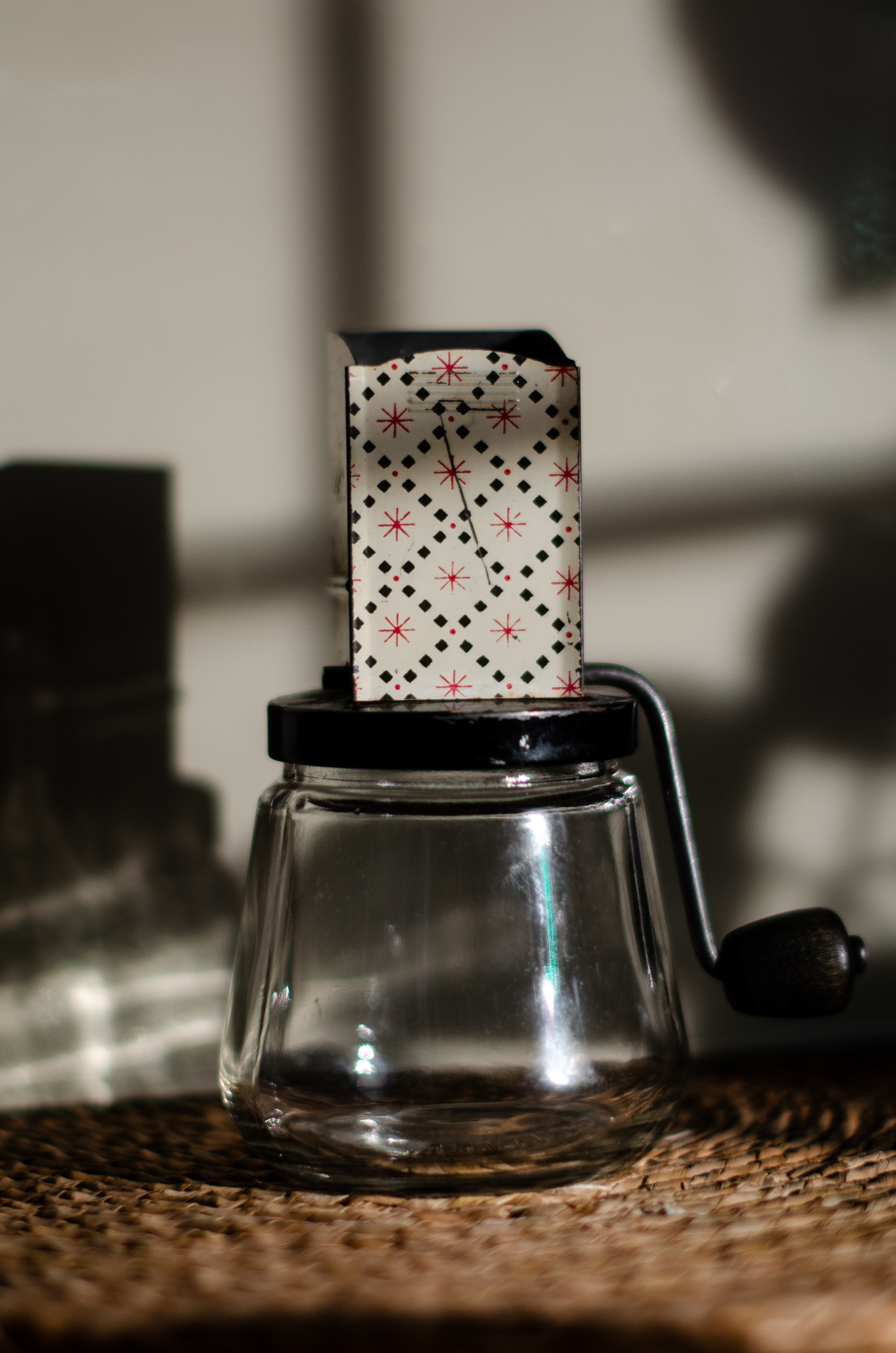By CB Adams
The season is turning to Christmas
I'm longing to be by my dear mother's side
So…
I'm coming home for Christmas
To be with my family
And loved ones so dear
—Manny, Cabral, Mathus
We have always loved the song “I’m Coming Home for Christmas” on the Squirrel Nut Zippers’ Christmas Caravan album. Years ago, it felt depressing. Now it seems nostalgically prescient.
2023 has been a year of elegies of Proustian proportions, remembering things past. Seeing that phrase — Proustian proportions — suddenly seems hyperbolic, but isn’t that what profound emotions often feel like — outsized, hyperbolic, compared to the the situation that evokes them?
It’s in the feeling that’s Proustian, the recognition that memories are all that’s left us. The time is gone, and so, too, should be the expectations that things like the holidays are repeatable, immutable. We are not good at change, and learning to embrace change — the reality of it — is a painful process.
This is about the notion of home and Christmas — of an internal Christmas compass that has always pointed true-north homeward. But that cardinal direction points to somewhere else now. Growing up, home and holiday were a given, just part of the unexamined family life. As we grew and matured, the holidays had their touchstones — Granny’s angel food cake, Grandpa’s cigarette smoke, Mee Ma’s divinity and bourbon balls, Mom’s pressed cookies. They all are sense memories, including a sense of being safe and happy and intensely loved.
Even after we moved out, first to college, then to marriage, early careers and then our own children — our Christmas compass still pointed to that “other” home, the one in which our memory mothers still shuffle through our memory houses, preparing the usual Christmas memory-cheer.
Our mothers are gone now, and with them, those times and that version of our family. We struggle this year to put into words how or why we felt this small, but profound, shift in our compasses. Our mothers worked hard to create those special holiday memories, and we have always turned — internally — to the comfort that they represented. Thus, Christmas was always “back there.” It was a time and place, though we didn’t acknowledge it at the time.
Now we are reminded of the song “Bookends” by Paul Simon: “…Preserve your memories; They're all that's left you.” Our mothers exist only in memories now. The phrase “yehi zichra baruch” that our Jewish friends have shared, resonates with use because those memories are a blessing. And with their passing is a waning magnetic energy. Our compass has swung to a new true north — here on Snob Hill. Or maybe it swung years ago and we’re just now noticing it. We worry about becoming the middle-aged version of what we call the younger generation’s obsessive navel gazing. We may notice the wrinkles around our navels, but it’s the gazing that’s the issue.
As Glen Hansard and Markéta Irglová wrote in “Falling Slowly,”:
…Take this sinking boat and point it home
We've still got time
Raise your hopeful voice, you have a choice
You'll make it now…
This shift is perhaps small yet certainly profound. We think of the place — now memory bound — of where we point when we point to home. We now think of that home as being our own home. And we certainly hope that we created — sometimes intentionally and sometimes inadvertently — that sense of home and holiday for our sons. We hope they have a Christmas compass that points to Snob Hill.
Yes, it’s about the changing of generations. It’s about the passage of time and worrying that we weren’t present enough in the past. We hope that past is now prologue for the family now. True north may have shifted, but we know it is still true. And yes, it’s about loss. You can’t have an elegy about the future, that honor goes to the past…and memory.
We end, thinking of “Homeward Bound,” another song by Paul Simon:
…I wish I was
Homeward bound
Home, where my thought's escaping
Home, where my music's playing
Home, where my love lies waiting
Silently for me…










